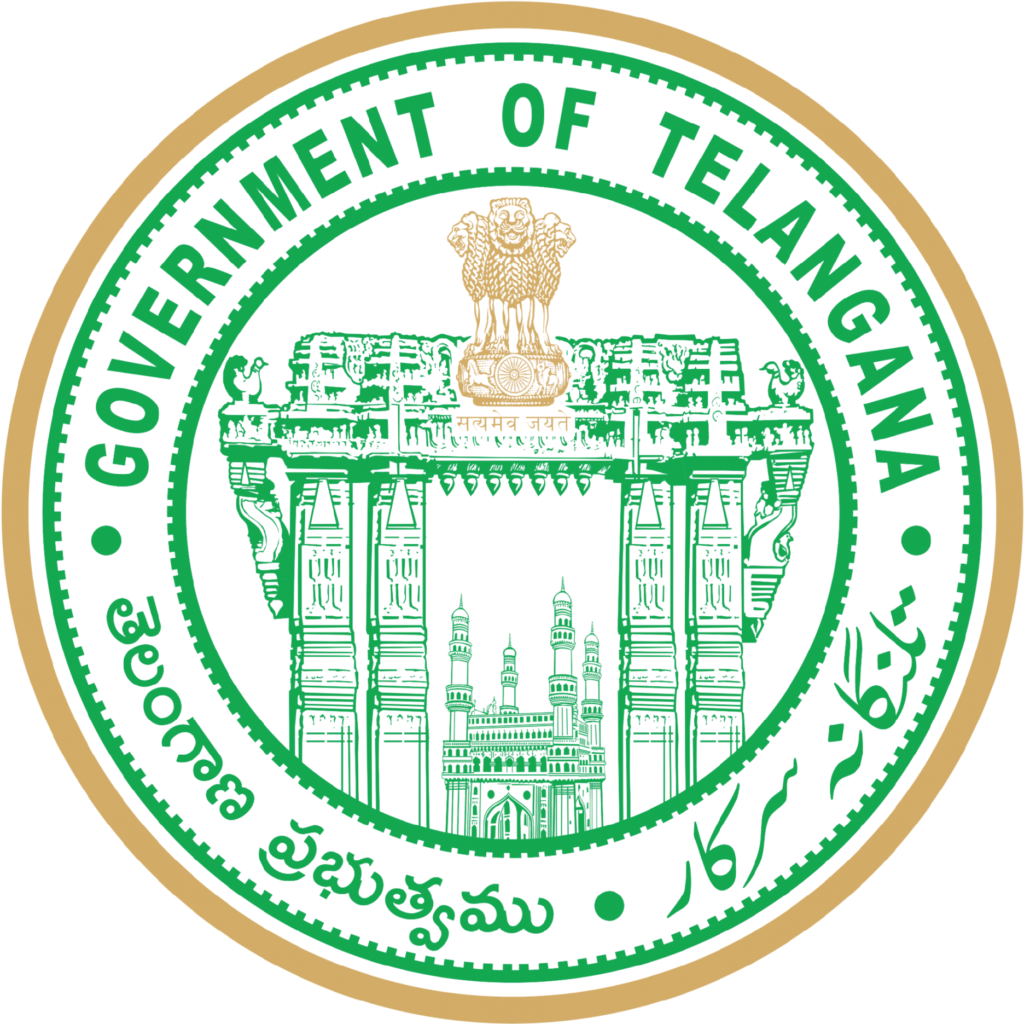Menu
It is a system of farming which avoids use of synthetic fertilizers for sustainable agriculture.
- Minimizes environmental pollution
- Reduces health hazards
- It improves soil health
It is a process by which the certification body guarantees that the agricultural production or processing system of the operator has been carefully assessed and conforms to the specified requirements under National Programme for Organic Production (NPOP) and PGS-India.
Certification is essential to regulate and facilitate sale of organic products to consumers.
- Annuals and Biennials: 24 months
- Perennials :36 months
Any production where the same unit is growing, breeding, handling or processing the same products in a certified and a non-certified organic systems.
Grower groups are the organized groups of farmers who produce organic products/ engage in organic processes in accordance with the National Standards for Organic production. The grower groups shall consist of minimum 25 and maximum 500 farmers.
A certificate issued by the accredited certification body to its operator annually for their specific activity in terms of production, processing and trading.
A certificate issued by the accredited certification body to its operator for every sale of his product to the buyer.
Organic certificate is valid for one year from the date mentioned on the certificate. Once you enter in to the certification system, you must apply for annual renewal to maintain certification status.
The certification body has to approve it before using the label for correctness.
Organic standards are the set of “rules” which as a registered organic producer, one must follow in order to maintain certificate which will allow to sell produce as organic.
A web based traceability system for use by the registered operators and accredited Certification bodies under the NPOP.
Yes, if organic seeds are not available, use the chemically untreated conventional seed.
No, strictly prohibited.
Through the use of biological and cultural practices such as beneficial organism releases, crop rotation, diversification, habitat management, sanitation and timing.
Through cultural and mechanical methods such as the rotation of crops that suppress weeds, mulching, tillage, inter-cultivation, water management and manual weeding.
Through cultural, biological, and physical methods such as rotation, sanitation, pruning and selection of disease resistant varieties.
Farmyard manure provides 12 kg nutrients per ton and compost provides 40 kg per ton.
- Most of the legume green manures provide 20 kg of nitrogen per ton.
- Each ton of sorghum/rice/maize straw can be expected to add 26 kg of nutrients
Look for certification logo on the product for example NPOP’s India Organic logo
Organic product must be organically certified by a government authority/agency
- Explore international markets
- Access to corporate shopping malls and organic outlets
- Plan for establishing organic stalls in important growth centres especially in Rythu bazars and Organic melas.
- Access to the market intelligence apps of different agencies including reputed NGO’s
Because, organic food production/supply is limited compared to demand
- Production costs for organic foods are typically higher because of greater labour, inputs per unit of output
- Post-harvest handling of relatively small quantities of organic foods results in higher costs


